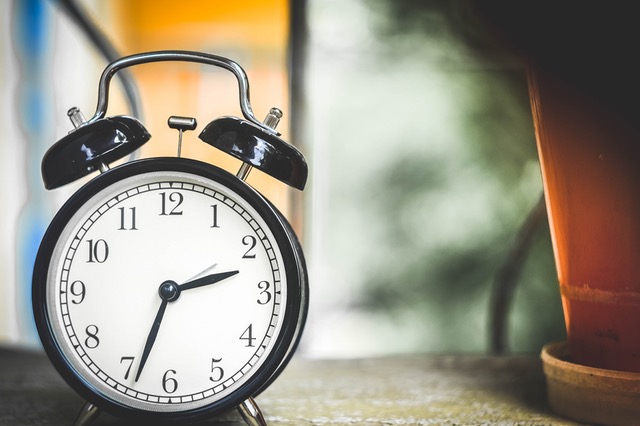
Daylight Saving Time (DST) kicked in at 2 am on Sunday, March 12, as clocks in the United States, in an annual ritual, ‘sprang forward’ by an hour to make more productive use of available daylight. But why am I even writing about this? Well, although regular workers in the Philippines -- those following the usual nine-to-five workday -- will never feel the impact of DST, for the thousands of call center or BPO (business process outsourcing) employees in Metro Manila and other major cities in the country, DST is a reality because they adhere to the business hours of their clients who are mainly in the United States. Admittedly, though, the impact is minimal. Working on graveyard shift, starting an hour earlier hardly makes any difference.
DST was actually enforced in the Philippines for short periods during the presidency of Manuel L. Quezon in 1936-1937, Ramon Magsaysay in 1954, Ferdinand Marcos in 1978, and Corazon Aquino in 1990. In 2014, there was a proposal to enforce DST again but it was not implemented.
Scanning my Facebook feed yesterday, I came across several articles calling for the abolition of DST in the United States. Among them, an article in The Atlantic called DST “the greatest continuing fraud ever perpetrated on the American people,” while an article on the The Verge pointed out the historical fact that DST actually started out as a joke. A Reuters report, meanwhile, said that some arguments against DST may be justified, according to research.
But I also found some articles defending DST, such as one on Slate, saying that DST is actually great “if you like doing stuff besides working and sleeping,” a view shared by an article on Popular Mechanics. An article on WebMD offered a more detailed explanation, outlinining the positive health effects of DST.
